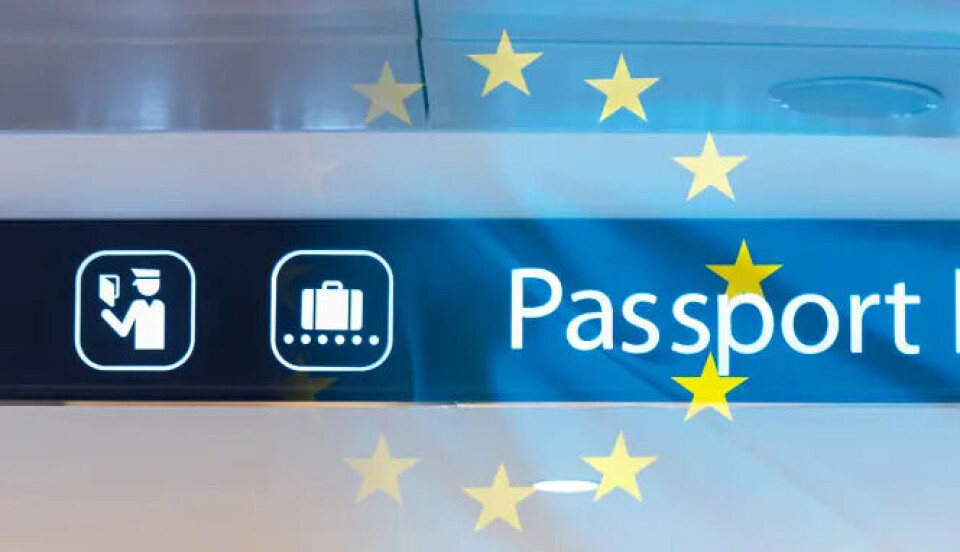-
2025 world economy rankings: France classed above the UK and US
France’s low inflation rate helped it beat many other nations
-
Solutions ‘coming early in 2026’ to EES issues at French airports
European Commission denies claims of three-hour ‘peak time’ queues
-
France flagged as facing problems as airports urge EES changes
Urgent solutions needed to avoid ‘mayhem’, EU told
Has a start date been set for the EU's new digital border system?
The European Entry/Exit System will be a digital system for collecting data on non-EU citizens entering and leaving the Schengen area

Reader question: You recently wrote about fears of delays at the border due to the EU’s new borders system – has any final start date been announced for this?
As you mention, we recently reported on concerns over readiness for the new European Entry/Exit System (EES) that were expressed in a French report about post-Brexit effects.
Read more: Major delays on France-UK border in 2024, warns new Brexit report
France’s Cour des comptes financial watchdog identified insufficient preparation and said the first tests of systems for EES, which will involve the collection of photo and fingerprint data on entry to the Schengen area, indicate it could take at least twice as long to get people through border controls on coming into France from countries such as the UK or US.
EES will be a digital system for collecting data on non-EU citizens entering and leaving the Schengen area. It will help track the time they spend in the area and will remove the need for passport stamping, but it will involve new formalities.
Non-EU citizens who live in the EU with residency cards will not be concerned, though could potentially get caught up in longer queues.
Why has it been delayed?
EES, and the related Etias scheme for online pre-approval to enter the EU, has now been delayed several times due to the EU IT agency overseeing it (EU-Lisa), its contractors and other partners including airports, ports and major railway stations, not being ready in time.
When we spoke to the European Commission this spring we were told there were several factors involved, including “delays in developing the system at the central level by the contractor, but also in member states in preparing the necessary equipment to use the EES at border crossing points”.
The EU’s Justice and Home Affairs (JHA) Council, consisting of relevant ministers from EU member states, has overall responsibility for the scheme.
When is it set to start now?
The Commission told us that at the JHA Council’s March 2023 meeting it “agreed to consider a new realistic timeline for the implementation of the EES to avoid further replanning” and “such a timeline will be presented in due time by the Commission and EU-Lisa ahead of the next meeting in June”.
EU-Lisa had also “activated relevant penalties” for late delivery of the system, an EU press officer said at the time.
However, a report of June’s JHA Council meeting shows that nothing was firmed up last month.
The report states that EU-Lisa updated the Council about the “state of play of the implementation” and that a “revised timeline… should be presented at the JHA Council in October.”
This was confirmed to The Connexion by an EU-Lisa spokesperson who added: “The agency is collaborating with member states and our contractor, at all levels, in an intense drive to reach technical preparedness for EES.”
It is unclear why it is taking so long, especially as the JHA Council will meet again on July 20 and September 28.
It is currently expected that implementation will be at some point in 2024, with Etias then starting several months after that.
There has been media speculation that France is likely to be lobbying for a date after the Olympics on July 27 to August 11, 2023 to avoid extra queues for visitors during the games.
Related articles
EU confirms plans to delay its new border system… again
New European Entry/Exit System: 9 key things to know in advance
























